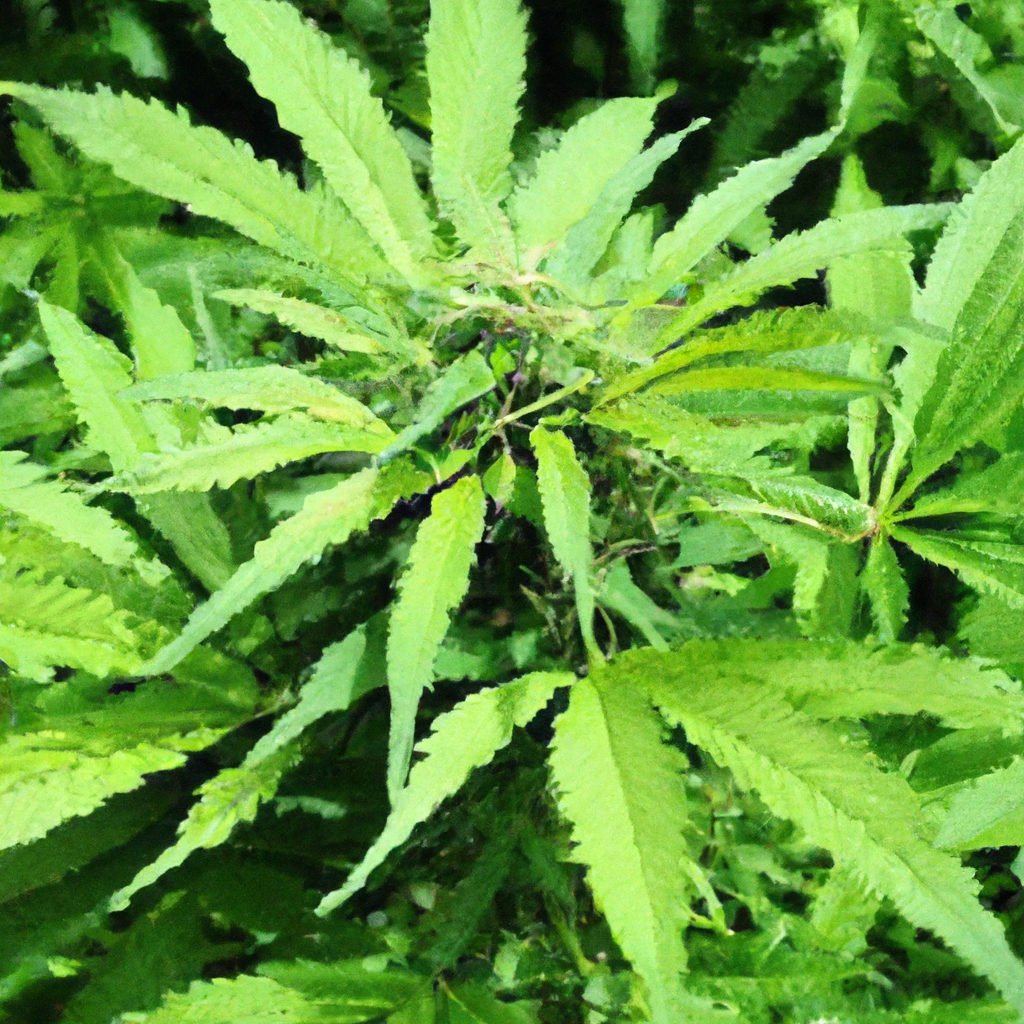Your cart is currently empty!
In a world steadily pivoting towards sustainable and eco-friendly practices, organic cannabis cultivation is gaining traction. Not only does this method benefit the environment by minimizing chemical usage, but it also offers consumers a purer product. This guide will explore key organic cultivation practices emphasizing natural fertilizers, pest control measures, and sustainable techniques to promote healthier growth.
Natural Fertilizers: Feeding Your Plants the Right Way
Natural fertilizers are the backbone of organic cannabis cultivation. These eco-friendly options ensure your plants receive essential nutrients without the risk of harmful chemicals seeping into the soil.
- Compost: Rich in nutrients, compost combines decomposed organic material with oxygen, moisture, and microbial activity to enhance soil fertility.
- Bone Meal: A high-phosphorus content fertilizer, bone meal supports root development and flowering.
- Fish Emulsion: Derived from fish by-products, this nitrogen-rich fertilizer promotes lush foliage growth.
- Worm Castings: Packed with nutrients and beneficial microbes, worm castings improve soil structure and water retention.
Pest Control: Safeguarding Your Crop Naturally
Managing pests organically involves promoting a balanced ecosystem that naturally deters pests and protects your plants without harmful chemicals.
- Companion Planting: Grow pest-repellent plants like marigolds or basil around cannabis to naturally deter unwanted visitors.
- Neem Oil: A natural pesticide, neem oil protects against aphids, spider mites, and fungus gnats without harming beneficial insects.
- Beneficial Insects: Introduce ladybugs or predatory mites that feast on pests like aphids and spider mites.
Soil Health: Building a Vibrant Soil Ecosystem
Healthy soil is vital for successful organic cannabis cultivation. By focusing on soil health, you can create a supportive environment for your plants to thrive.
- Soil Testing: Regular soil tests help identify nutrient deficiencies and pH imbalances, allowing you to address them promptly.
- Crop Rotation: Rotate crops to prevent soil depletion, reduce pests, and maintain nutrient balance.
- Mulching: Apply organic mulch to retain moisture, suppress weeds, and add organic matter to the soil as it decomposes.
The Benefits of Organic Cannabis
Choosing organic cultivation practices offers a myriad of benefits extending beyond environmental impact.
- Environmental Impact: Reducing chemical runoff preserves natural water sources and promotes biodiversity in surrounding ecosystems.
- Consumer Safety: Organic cannabis ensures consumers receive a product free from synthetic pesticides and chemicals.
- Aroma and Flavor: Organic growing methods often result in richer flavors and enhanced aromatic profiles that appeal to discerning consumers.
Conclusion
Embracing organic cannabis cultivation practices positions growers as stewards of the environment while providing consumers with a cleaner, more satisfying product. By integrating natural fertilizers, sustainable pest control, and vibrant soil ecosystems, cultivators can achieve thriving, healthy crops.


Leave a Reply